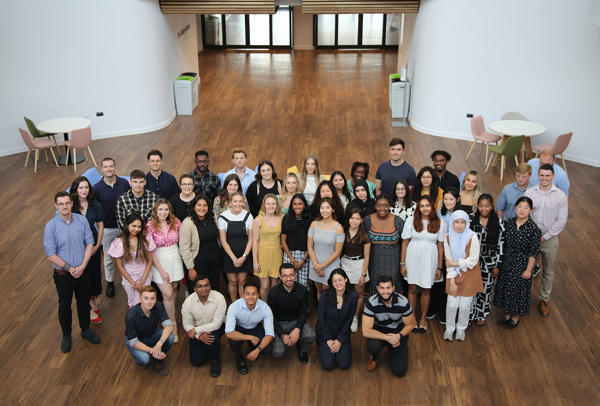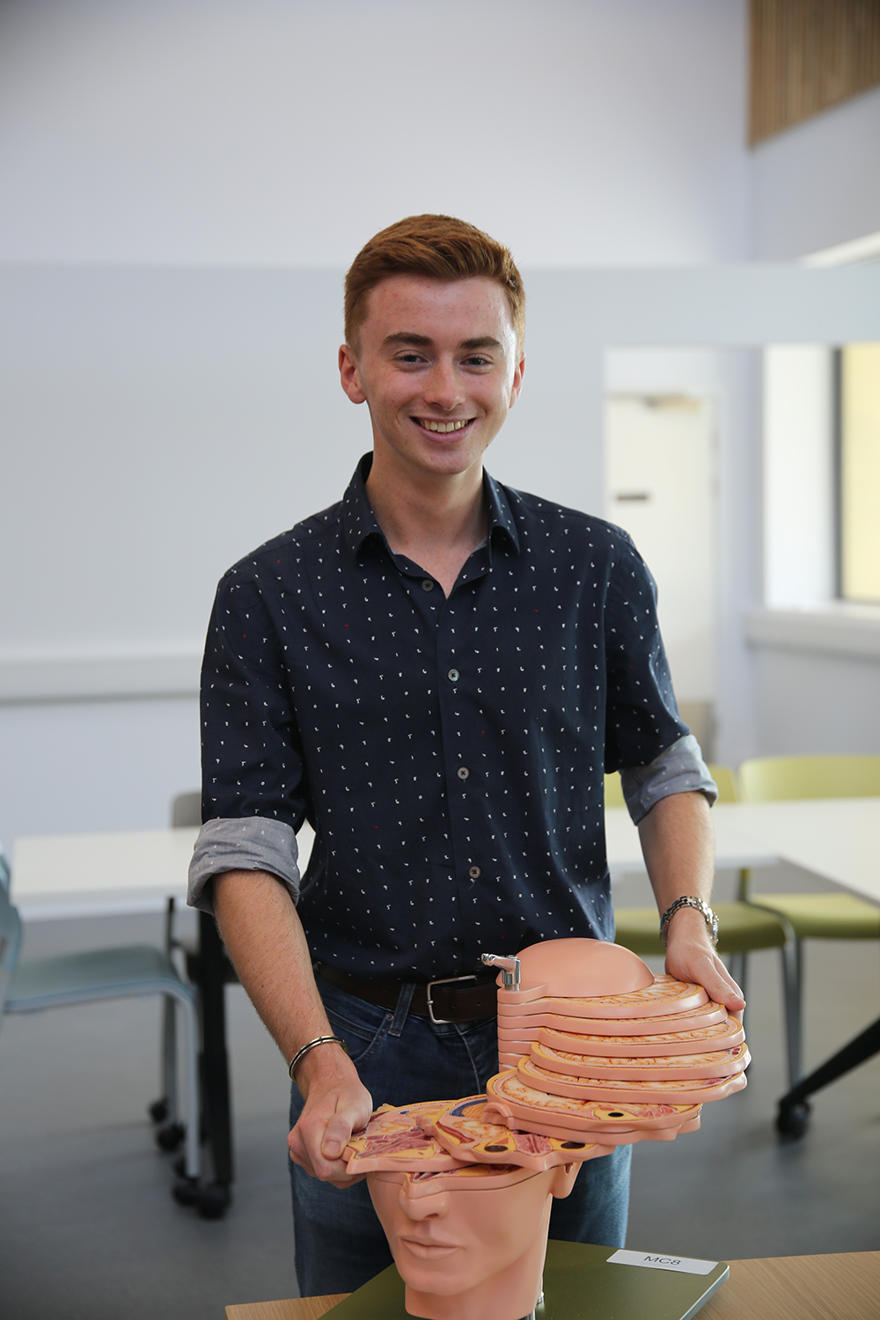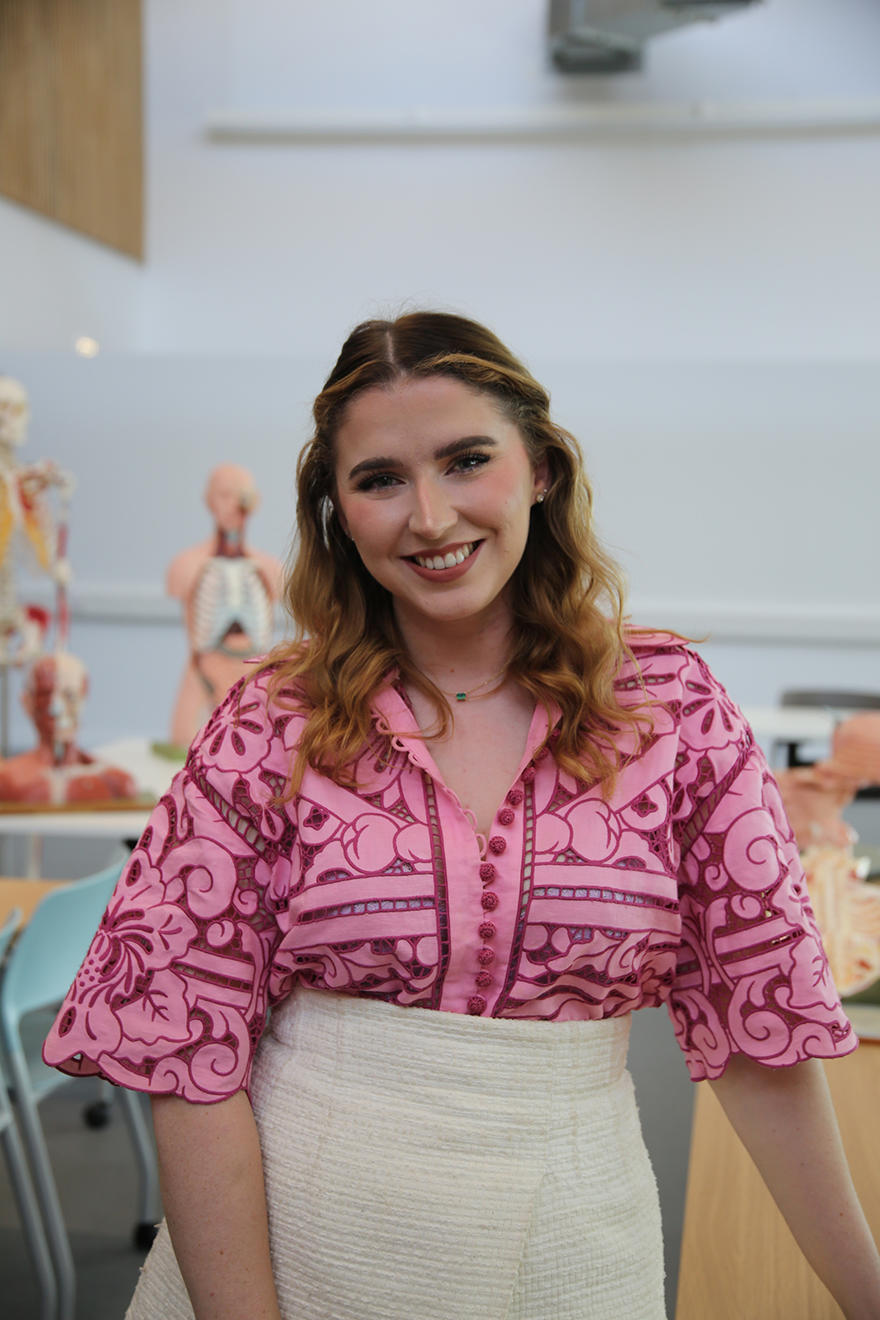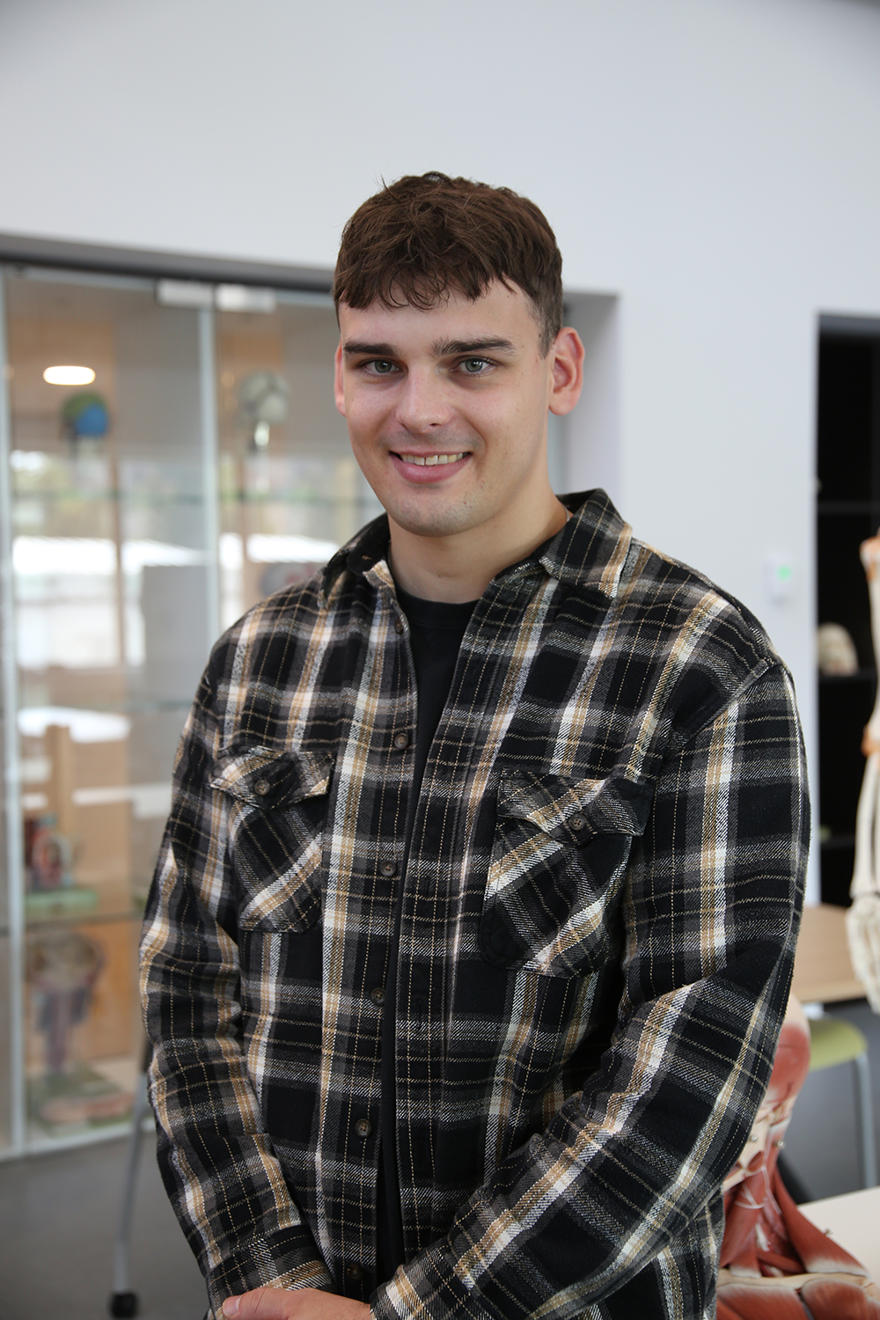The first ever cohort of medical students have begun their training at the University of Worcester’s new Three Counties Medical School.
 University's first cohort of medical students
University's first cohort of medical students
Forty-four students have started their studies, including 20 UK students, who are being funded through their four years of study by the Kildare Trust and local NHS trusts. They have been joined by 24 self-funded international students.
Dean of the Three Counties Medical School, Professor Sandra Nicholson, said: “After many years of hard work to get to this stage, we were delighted to welcome our first cohort through the doors. A significant number of our students are local to the area and all will be doing clinical placements in the three counties of Worcestershire, Herefordshire and Gloucestershire during their studies. We believe therefore that upon graduating that many of these students will choose to take up careers in the region, ultimately working as GPs or in local hospitals, helping to supply the local NHS workforce.”
Students are based at the Elizabeth Garrett Anderson building on the University’s Severn Campus, which opened earlier this year, and features a state-of-the-art anatomy suite, funded by the Clive Richards Foundation, along with clinical skills and simulation facilities which have been designed with health interdisciplinary learning in mind.
One of the new Medicine students, Katie Cobain, from Pershore, joined the course after completing a Physician Associate Master’s course at the University. “I’m the first to go to university and the first to study medicine in my family,” she said. “I enjoy helping people and enjoy science and it’s the perfect career to combine the two - I like developing skills and talking to people. I really enjoyed my Master’s training here and thought the facilities were really good. It’s a nice university and it has a friendly atmosphere; it’s exciting to be the first cohort.” She hopes to eventually work in Gloucestershire or Worcestershire as an anaesthetist or in an Intensive Therapy Unit (ITU) at a hospital.
Meet some of our new Medical students:

- Jay Skelhorn, 22, of Hereford, said: “I’m very, very excited to be here. It has been a long, hard and gruelling process to get here, so it almost feels surreal to finally be on the course. I’m really eager to get into the swing of things. I’ve had a great introduction to the course so far. It is clear that all of the staff are incredibly passionate and enthusiastic about the content.”
Jay would like to become a GP or general surgeon or even try extreme or expedition medicine. “Being a doctor has been a dream of mine for a long time now,” he added. “It’s a constantly evolving profession, with a wide range of specialities to pursue, you’re a fundamental asset to the local community, providing a vitally important service, and realistically, you could never be bored on the job, every day would present different challenges to overcome.”
For Jay, applying to Worcester given its proximity was “a no-brainer”. “The course itself really excites me,” he added. “Early clinical contact and the use of problem-based learning definitely helped seal the deal during the application process.”

- Emily John came to study in Worcester having returned to the UK after living in Australia for the last decade. “I have to pinch myself twice a day to remind myself that I have made it here,” she said. “I don’t think I will ever get over what a privilege it is study medicine, I feel very fortunate. The University of Worcester really resonated with me when I was applying to study. I liked that they valued real life experience, interdisciplinary collaboration, and early clinical exposure. So far I’m really enjoying the dynamic way of learning and the Problem Based Learning style.”
As to why she wants to be a doctor, Emily said: “I’m fascinated by the human body and its conditions. I worked as a speech and language therapist in an acute hospital prior to my studies. I found myself constantly looking deeper into the physiology behind patient’s presentations, longing to know more. During this time, I also observed health disparities and negative health experiences and felt limited in my position to address them. I want to be an advocate for positive health outcomes whilst enjoying the knowledge I learn in doing so.”
Once qualified as a junior doctor, Emily plans to work within the three counties. “We’ve been given a unique opportunity to help strengthen an under-resourced area after we graduate, and I would be proud to be a part of that,” she said.

- Cameron Banner, from Bromsgrove, said: “Worcester is renowned for its expertise in healthcare courses and the medical school has excellent facilities including a state-of-the-art Anatomy Lab. This, combined with early exposure to patient care through placements, meant that Worcester was a fantastic option for me.”
Cameron’s background is in biomedical science - he worked in a Covid-19 laboratory for more than two years. “Whilst this gave me a base in human biology and great exposure to the goings on inside a hospital, patient contact and developing human relationships is what I really enjoy and value. Medicine would provide me a base to be able to use my prior knowledge, develop it further, whilst allowing me to develop professional relationships with patients and be directly involved in their care.” After graduating he hopes to work within the three counties, preferably in Worcester.